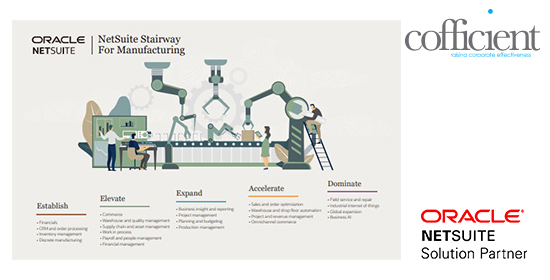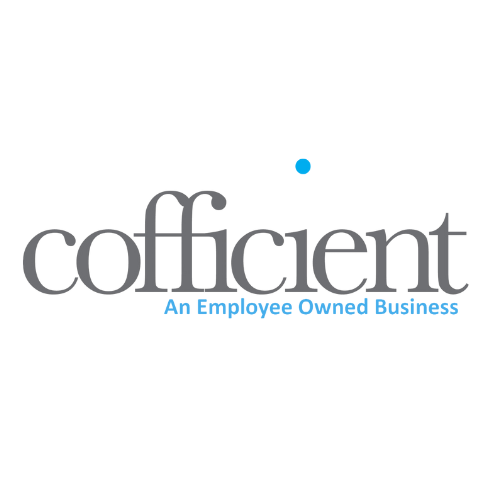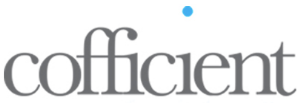
ERP and Lean Manufacturing: The Perfect Match
The manufacturing industry’s long-held goal is to perfect its lean production methods. Lean manufacturing aims to streamline operations and improve the quality of the final product and the service provided to customers. Lean manufacturing is a valuable strategy because it helps businesses boost output while lowering costs.
The question now is, how do you get started with transitioning your company toward a leaner model? The initial action is to put in place a high-quality ERP system. You may argue that ERP and lean manufacturing approaches are incompatible. However, ERP is your company’s foundation, controlling the factory processes and giving you an insight into customer demand in real time. These are critical components for carving out waste.
Enterprise Resource Planning (ERP) and lean principles can improve your organisations. Regardless of whether you are planning to implement a whole new ERP system to assist your company’s transition towards leaner principles or are only looking to re-organise your ERP strategy to reduce the size of your manufacturing process.
Having an effective ERP system in place can help your organisation with the following:
- Generation of Results
Accurate planning according to lean principles requires timely access to accurate data and reliable projections. ERP gives you access to a wealth of information that facilitates scheduling procedures on the shop floor following lean methods like Kanban and pull production. Upon receiving an order, an effective ERP system will immediately send signals to the manufacturing facilities to begin making the requested items. Using this method, you can ensure that your satisfy the demand of your customers while avoiding an excess of inventory and commodities.In addition, by integrating your factor floor with the IoT, you can monitor output and workflow at every machine and workstation in real-time. Accurate scheduling often requires this kind of information. Knowing that one machine is running slower than usual and may soon require maintenance allows you to rapidly reschedule production on the other lines to avoid any interruptions in output during the schedules downtime. Proper scheduling and pull production will enable you to eliminate waiting and needless effort, two of the wastes highlighted in lean principles, and boost your bottom line.
- Effective Quality Control Measures
It is reasonable to anticipate that lean manufacturing tactics and quality management will directly oppose one another. After all, quality management may urge you to perform additional checks and processes, but lean concepts work to minimise optional steps. On the other hand, enterprise resource planning (ERP) software typically includes quality management modules that help you keep your products’ quality without adding unnecessary steps or resources to your processes.An ERP will help you examine your quality assurance methods with the critical eye of a lean manufacturer. Use your ERP system’s metrics and monitoring tools to evaluate and rank each procedure. Where can you expect the greatest return on investment? What’s the point where a further investment of time and money will provide decreasing returns? Also, remember that customers and their experiences with your product should always be your priority. However, you must remember that customers anticipate paying a specific amount for your service or product. While formulating a quality plan, you must carefully manage these expectations to avoid disappointing your customers. ERP allows you to concurrently maintain quality and lean manufacturing concepts in mind, which helps you execute superior goods while simultaneously reducing costs.
- Supply and Demand Analysis
Make sure that your demand planning is precise if you want to cut down on waste on your shop floor and limit the quantity of merchandise sitting idle in your inventory. Most businesses consider demand planning as nothing more than educated estimates, aided occasionally by coincidence. This kind of thinking is tremendously detrimental, not just to your company but also to your connection with the customers you serve. Customers are more likely to switch to a competitor that can guarantee timely product or service delivery if they regularly experience stock outages or delays.With the help of a well-implemented enterprise resource planning (ERP) system and lean manufacturing practices, you can precisely predict your purchasing and stocking needs by analysing demand patterns over time and establishing realistic quotas for each season and time of year. This meticulous planning may also consider shifting cots, the availability of your raw materials, and an estimate of the amount of storage space that will be required. It is unacceptable to employ “reasonable guessing” as a method for demand planning in this day and age when modern enterprise solutions are available. Enterprise Resource Planning (ERO) systems and lean production methods go hand in hand. ERP data provides you with the knowledge and forecasts you need to push your business forward.
The benefits of enterprise resource planning (ERP) extend beyond the production department since ERP is both a data mine and a process planning tool with enormous potential. It is your best advantage to get started as soon as possible by integrating your ERP with lean manufacturing concepts. Integrating your ERP system with lean manufacturing concepts allows you to boost productivity, reduce costs, and better serve your customers.
When it comes to improving the effectiveness of your global manufacturing initiatives, Cofficient is an invaluable business partner. Our company has extensive expertise in delivering enterprise-level software to the manufacturing and distribution sectors. By tailoring our enterprise resource planning (ERP), customer relationship management (CRM), and financial solutions to your particular requirements, we can help you streamline operations and increase productivity. As a result of our years of service, our customers are now industry leaders in ERP among manufacturers worldwide.



